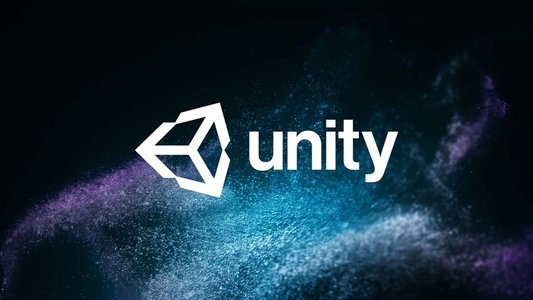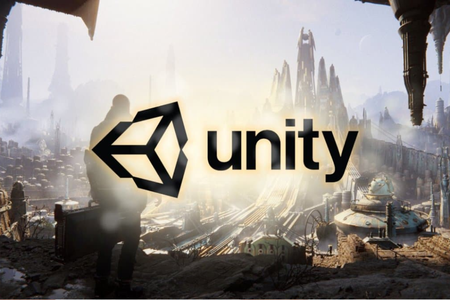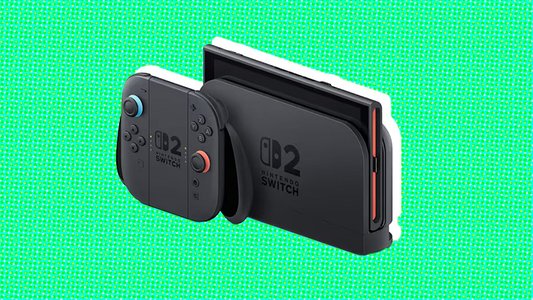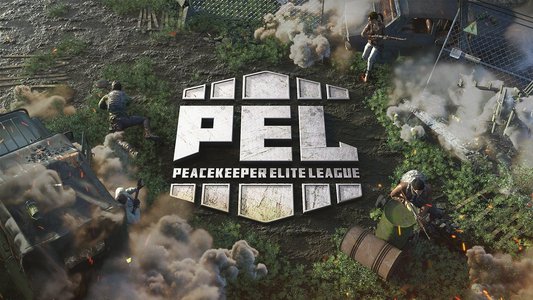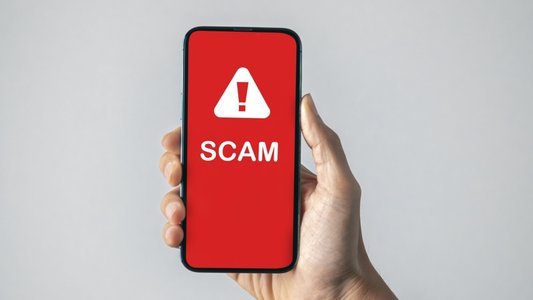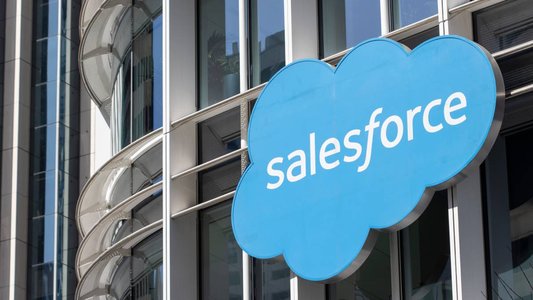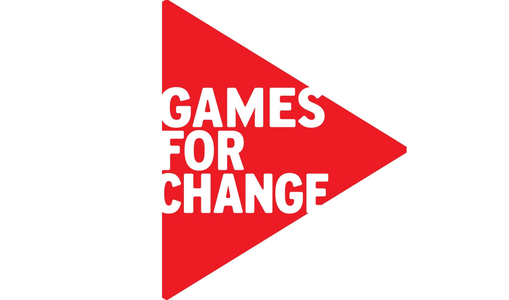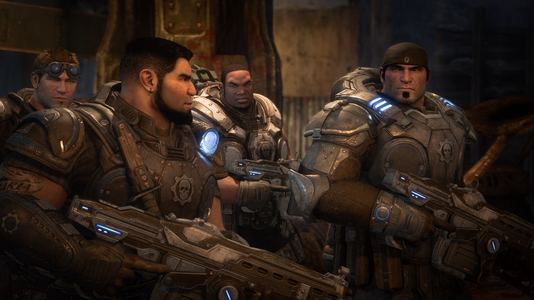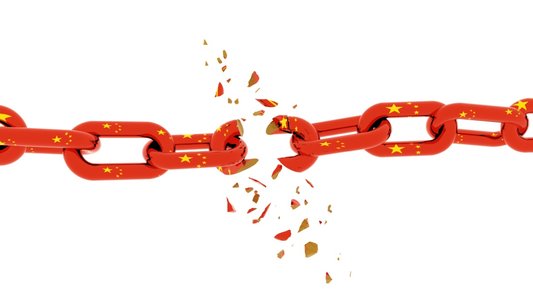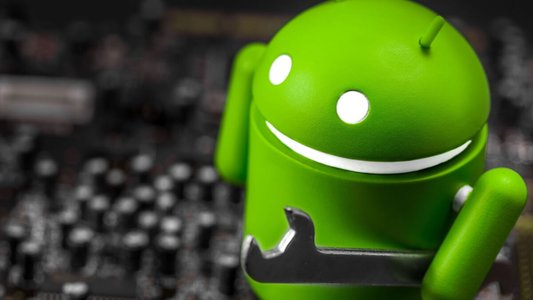The gaming industry is constantly evolving, and so are the threats that accompany it. One of the most pervasive challenges today is the rise of the Unity cheat. With the Unity engine powering thousands of mobile and desktop games, it has become a prime target for hackers and cheaters. The term Unity cheat refers to methods used to exploit games developed using Unity by manipulating memory, bypassing logic, or reverse engineering core components. These cheats can ruin gameplay, disrupt fair competition, and threaten the integrity of online multiplayer environments.
Detecting and preventing Unity cheat implementations is critical. Developers and cybersecurity professionals are investing heavily in encryption, obfuscation, and anti-cheat frameworks to mitigate the risk. Whether it's by hacking asset bundles or injecting malicious scripts via Mono, the sophistication of Unity-based exploits continues to grow. This makes Unity cheat prevention an essential focus in the game development lifecycle.
From encrypting critical assets to detecting unauthorized modifications, today's developers must understand the nuances of Unity cheat mechanisms. The right approach involves a combination of runtime detection, pre-compiled encryption, and robust asset protection. Let’s explore how Unity developers can defend against these emerging threats effectively.
Common Methods Used in Unity Cheat Attacks
1. Memory Injection and Mono Behavior Manipulation
Cheaters often modify memory values at runtime using tools like Cheat Engine. They also manipulate MonoBehaviour scripts within Unity games to bypass checks, change gameplay stats, or enable hidden features. These methods are particularly common in mobile and desktop Unity games.
2. AssetBundle Hacking
AssetBundles are collections of game resources packaged separately from the main build. If not encrypted, these bundles can be extracted, edited, and recompiled with cheats. Malicious users can replace textures, modify models, or inject altered scripts to gain an unfair advantage.
3. IL2CPP Bypasses and Injection
Games compiled with IL2CPP (Intermediate Language To C++) offer better performance and obfuscation. However, sophisticated attackers use tools like Zygisk with il2cppdumper to reverse-engineer the C++ binaries and extract game logic, thereby enabling cheats.
Effective Unity Cheat Prevention Strategies
1. Unity Mono Encryption
Encrypting Mono scripts is a critical defense mechanism. By using solutions that wrap or obfuscate Mono assemblies, cheaters find it difficult to understand or modify the game logic. This method significantly raises the barrier to entry for most cheat developers.
2. AssetBundle Resource Encryption
To secure game resources, developers should apply encryption algorithms to AssetBundles. Tools and middleware now allow for AES or RSA-based encryption before resources are loaded into the game engine. This step makes it virtually impossible to reverse-engineer assets.
3. Unity Resource Randomization
Randomized resource loading paths and names reduce predictability and make automated cheat development more difficult. By dynamically changing resource references at build or runtime, developers can thwart tools that rely on known file structures.
4. Anti-Dumper and Zygisk Detection
Zygisk is used to load Magisk modules and inject code at runtime. Anti-dumper tools identify memory footprint anomalies or detect signatures from il2cppdumper. When properly configured, these tools help block common cheat toolkits targeting Unity.
Key Technical Specifications of Unity Cheat Prevention Tools
▪ Encryption Type: AES-128/256, RSA-based asymmetric keys▪ Obfuscation Layer: Symbol renaming, control-flow distortion
▪ Runtime Detection: Environment scanning, debugger trap flags
▪ File Integrity Checks: CRC or SHA256-based bundle verification
▪ Platform Support: Android, iOS, Windows, macOS
Real-Time Detection vs Pre-Compilation Protection
1. Real-Time Detection
Real-time solutions monitor application behavior during execution. They detect anomalies like unauthorized memory changes, speed hacks, or injection attempts. These tools often include telemetry reporting and allow for live banning or session blocking.
2. Pre-Compilation Protection
Before deployment, developers can encrypt scripts, assets, and DLLs. Pre-compilation protection makes reverse-engineering far more difficult. This strategy complements runtime systems and helps prevent Unity cheat attempts before they even start.
Why Game Studios Must Invest in Unity Cheat Prevention
Reputation, revenue, and user experience are all compromised when a game is overrun by cheaters. Beyond gameplay damage, cheat-infested environments lead to poor reviews, uninstalls, and even legal concerns. Robust Unity cheat prevention demonstrates a commitment to fair play and ensures the longevity of a game’s community.
Impact of Unity Cheat on Competitive Multiplayer Games
Games with ranking systems or competitive matchmaking suffer the most. Wallhacks, aimbots, and auto-clickers all degrade the value of competition. In Unity-based titles, many of these cheats are built by exploiting public Mono assemblies or injecting DLLs into runtime.
Role of Encryption in Unity Cheat Defense
1. Code Obfuscation
Tools like JikGuard's Unity Mono Encryption Solution use advanced code obfuscation to hide class names and logic flow. This makes disassembly significantly harder for attackers and prevents function mapping.
2. Asset Protection
Random encryption keys and dynamic decryption during runtime protect game assets from being intercepted or tampered with. Asset-level encryption reduces the risk of model theft and texture editing.
3. Secure Bootstrapping
Secure loading of assets and scripts ensures no modifications have occurred. Integrity checks during initialization validate checksums and trigger fallback mechanisms if tampering is detected.
Frequently Asked Questions (FAQs)
What is a Unity cheat?
A Unity cheat is any exploit or modification made to a Unity-based game to gain an unfair advantage, usually by tampering with game memory, logic, or assets.
How do cheaters hack Unity games?
They use memory scanners, inject scripts into Mono behavior, reverse-engineer IL2CPP binaries, or modify unprotected AssetBundles to cheat.
Can Unity games be fully cheat-proof?
No system is 100% cheat-proof, but layered protections including encryption, obfuscation, and runtime checks can reduce the risk substantially.
What are the best Unity cheat prevention tools?
Solutions like JikGuard's Unity encryption packages, anti-dumper detectors, and Zygisk scanners are highly effective for cheat prevention.
Why is asset encryption important?
Encrypted assets prevent reverse engineering and unauthorized modification of game content, which is a common entry point for cheats.
What role does obfuscation play in cheat prevention?
Obfuscation hides the internal logic and makes it difficult for attackers to understand or manipulate game code, deterring many forms of cheating.
Conclusion: Securing the Future of Unity Games
The rise of Unity cheat tools poses a significant challenge to modern game development. However, with a proactive approach that includes script encryption, runtime integrity checks, asset protection, and real-time anomaly detection, game developers can stay ahead of cheaters. Investing in robust Unity cheat prevention not only protects players but also upholds the reputation and integrity of the gaming experience. In an era where digital fairness matters, secure game development isn't just a feature—it's a necessity.
For developers looking for a comprehensive and seamless game protection solution, JikGuard Game Protection offers cutting-edge encryption and anti-cheat technology to ensure your game remains secure without compromising performance.Why Choose JikGuard Game Protection?
√ On-Demand Security Assessment:
Not sure if your game needs encryption? JikGuard provides free security testing and reports, helping you identify potential risks through penetration testing and in-depth analysis.√ Minimal Performance Impact:
JikGuard’s encryption system only decrypts resources when needed, ensuring that files remain encrypted in the cache and have virtually no effect on loading speed or game smoothness.√ Seamless Multi-Channel Packaging:
Supports mother package encryption, meaning all sub-packages remain protected without requiring additional processing for different distribution channels.√ No SDK Required:
Unlike traditional solutions, JikGuard does not require SDK integration—simply run a command, and the encryption process is handled automatically.√ Ultra-Low Performance Overhead:
▪ CPU usage increase: <0.2%▪ Memory consumption: <1MB
▪ Startup time increase: <25ms
▪ Package size increase: <1.3MB
Ensuring a smooth and seamless gaming experience.
With JikGuard Game Protection, you can focus on game development while ensuring top-tier security against cheats, resource leaks, and competitive analysis. Protect your game today and keep your vision intact!





